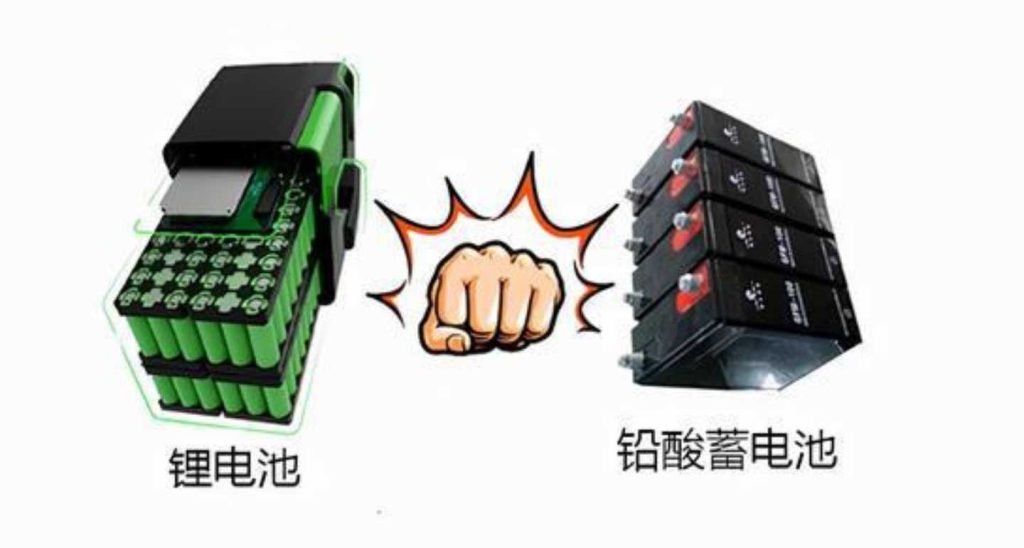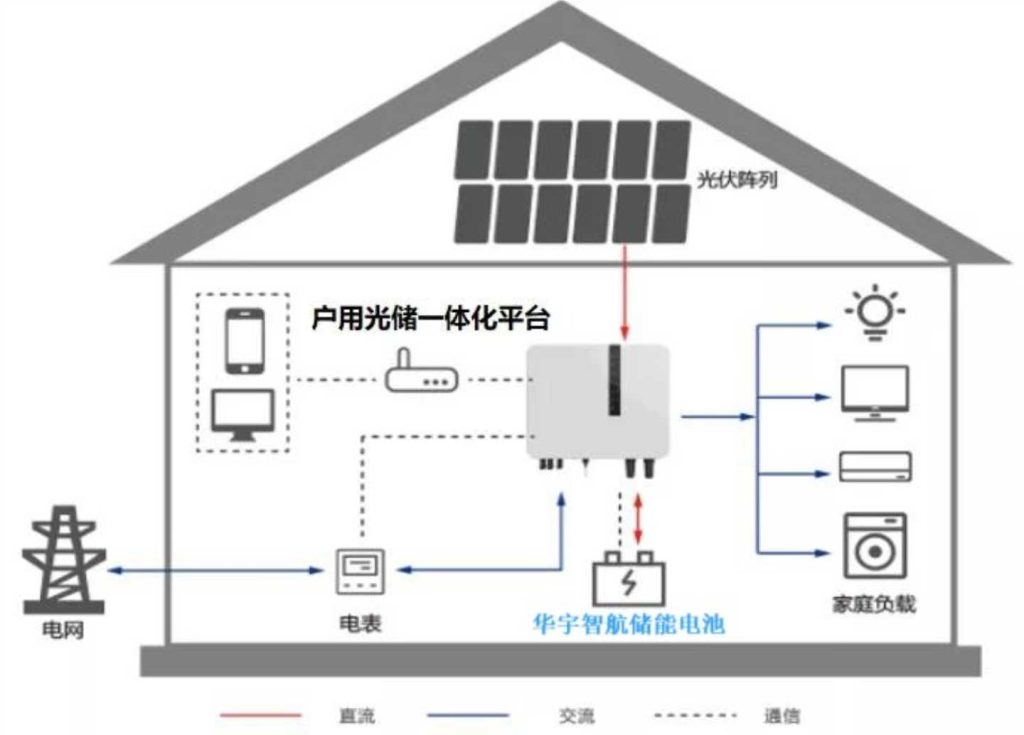A brief discussion on how to choose household storage batteries
Time of Release : 2024-06-14
As people's quality of life continues to improve, various high-power electrical appliances have gradually entered thousands of households, and the consumption of electricity has also risen accordingly. The ever-changing international situation has pushed up the price of fossil energy, causing the cost of electricity to continue to rise. More and more families are beginning to choose to install solar power generation and supporting energy storage systems, which can solve their own electricity needs and also achieve grid-connected electricity sales. As the core component of the solar light storage system, how to choose a suitable energy storage battery has become the most concerned issue for users. The following is a brief discussion on how to choose an energy storage battery.
1. Choose the type of energy storage battery
There are currently two main types of batteries: lead-acid batteries and lithium batteries.

Lead-acid batteries have a history of more than 160 years. Lead-acid batteries are highly safe, stable, low-cost, and widely used. They play a very important role in various economic fields such as communications, transportation, military, and navigation. However, lead-acid batteries have a low energy density, a cycle life of only about 200-300 times, and cause great environmental pollution during the production process, making them unqualified household energy storage batteries.
Currently, there are several main types of lithium batteries, including lithium iron phosphate, ternary lithium, and manganese lithium.
Manganese lithium batteries are cheap and have good low temperature performance, but they have low capacity and relatively low cycle life, especially poor high temperature performance, which makes them unsuitable for household energy storage batteries.
Ternary lithium batteries have a high energy density and can be cycled more than 2,000 times, but they are expensive, have an unstable structure, and are prone to overheating and runaway, so they have gradually faded out of the household storage field.
Lithium iron phosphate batteries have high energy density, a service life of more than 6,000 times, a theoretical service life of more than 15 years, high economic benefits, stable structure, and low safety hazards. They currently account for more than 90% of the total household storage batteries and are well received by users.
2. Choose a combination of energy storage batteries
According to the connection method of the battery, we can divide it into low-voltage energy storage battery and high-voltage energy storage battery. Low-voltage energy storage battery is usually between 48V-60V. The battery is generally connected in parallel to increase the capacity of the battery pack. The battery belongs to the low-voltage part in the whole system, so it is called a low-voltage energy storage system. Huayu Zhihang 51.2V wall-mounted low-voltage energy storage battery is used in conjunction with solar panels. It uses solar photovoltaic or power grid to charge it. It provides stable power supply for the family when photovoltaic does not work or the power grid fails, improves the stability of household electricity consumption, and reduces electricity costs.
The voltage of a single high-voltage energy storage battery is usually between 150V and 400V. When in use, the battery increases the voltage of the battery pack by connecting in series, and the voltage of the battery pack can be increased to more than 400V. High-voltage energy storage batteries have higher requirements for BMS technology and safety. Huayu Zhihang high-voltage energy storage batteries use Class A lithium iron phosphate batteries produced by world-class battery manufacturers, and are equipped with a self-developed intelligent PDU control system. The maximum voltage can reach 384V, which not only has a fast charging speed, but also has less energy loss, and is more suitable for high-power loads.
Generally speaking, if the household load power is large and the charging time requirement is high, you can choose a high-voltage energy storage battery. If there is no such requirement, choose a low-voltage energy storage battery.

3. Choose the battery capacity
The capacity of household energy storage batteries can be calculated based on factors such as the residents' solar photovoltaic parameters, whether there is grid power supply, the duration of the power outage and the amount of electricity consumed during the outage. The appropriate battery capacity can be selected while ensuring power supply.
As a well-known domestic energy storage battery manufacturer, Huayu Zhihang's household energy storage batteries are sold well in more than 40 countries and regions including Europe. Its products are widely used in various scenarios, providing customers with safe and efficient smart energy storage solutions. It is the preferred energy storage system manufacturer for domestic and foreign customers.
Choose Huayu Zhihang and enjoy green energy!



